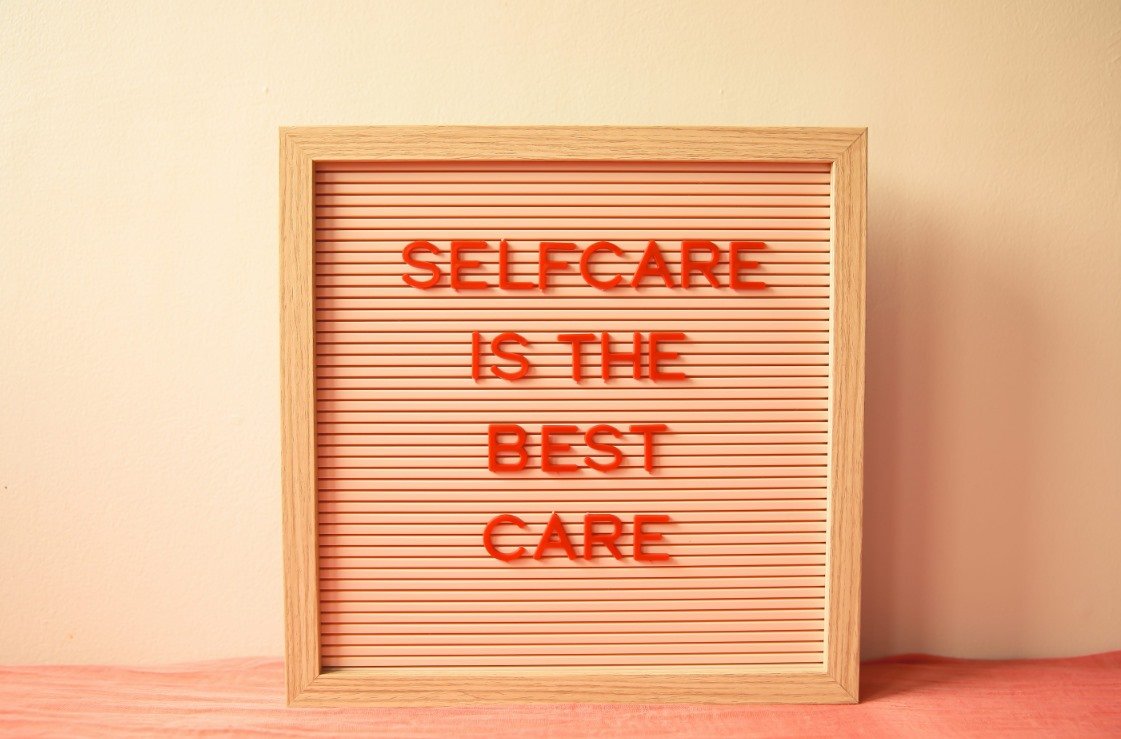
Living a healthier life is not about big changes overnight but about making small improvements that last over time. Everyone wants to feel stronger, have more energy, and reduce the risk of illness, and this can be achieved by following a clear path to healthy living. The journey may look different for each person, but the basic steps are similar. By focusing on nutrition, exercise, rest, and mental well-being, you can create a lifestyle that supports your body and mind.
What Healthy Living Means
Healthy living means making choices that keep your body and mind in good condition. It is not only about avoiding disease but also about building habits that help you enjoy life. The path to healthy living includes eating the right foods, moving your body regularly, sleeping well, and finding balance in daily life. These areas work together to give you long-term benefits.
Nutrition and Balanced Eating
Food is one of the most important parts of the path to healthy living. A balanced diet provides the body with energy and nutrients needed for daily activities. Fresh fruits, vegetables, whole grains, lean proteins, and healthy fats should be a regular part of your meals. Reducing sugar, fried food, and processed items helps prevent health problems and keeps your weight in check. Drinking enough water is also vital for digestion, energy, and overall health. Eating at home more often and paying attention to portion sizes can make a big difference.
Exercise and Physical Activity
Physical activity is another key step on the path to healthy living. Exercise helps control weight, strengthens muscles and bones, and supports heart health. You do not need to spend hours at the gym. Simple activities like walking, cycling, or stretching can bring positive results. Experts suggest at least 150 minutes of moderate exercise per week. Adding strength training and flexibility exercises is also important, as they help your body stay strong and prevent injuries. Regular movement reduces the risk of many chronic diseases and helps you feel more energetic.
Sleep and Recovery
Sleep is often ignored, but it is one of the most powerful tools for good health. Without enough sleep, your body cannot recover properly, and your mind cannot work at its best. Most adults need 7 to 9 hours of sleep each night. Poor sleep can lead to low energy, weak focus, and long-term health issues. To improve sleep quality, try going to bed at the same time every night, avoid heavy meals before bed, and keep your room dark and quiet. Sleep is a basic but essential part of the path to healthy living.
Mental Health and Stress Care
Your mental health is just as important as your physical health. A healthy lifestyle includes managing stress, staying positive, and building strong relationships. Stress is a normal part of life, but too much can harm your health. Activities like meditation, journaling, or spending time outdoors can reduce stress. Connecting with family and friends, practicing gratitude, and limiting screen time also help improve mental health. If stress or anxiety feels overwhelming, professional support should not be avoided. Mental well-being is a key step on the path to healthy living.
Preventive Health Practices
Prevention is always better than treatment. Regular medical check-ups, screenings, and vaccinations can detect problems early and prevent serious conditions. Even if you feel healthy, it is wise to have routine visits with a doctor. This helps track your progress and ensures you are staying on the right path to healthy living. Prevention also includes maintaining healthy habits such as quitting smoking, limiting alcohol, and staying safe during physical activities.
Building Consistency
One of the biggest challenges for many people is staying consistent. It is easy to start new habits but harder to maintain them. The best approach is to begin with small changes that are easy to follow. For example, drinking more water, taking a short walk daily, or replacing unhealthy snacks with fruits. Once these habits become normal, you can add more improvements. Staying patient and realistic will keep you moving forward.
Finding Balance in Life
Healthy living is not about being perfect. It is about balance. Work, family, personal time, and relaxation should all be part of your lifestyle. When one area takes over too much, it can affect your overall well-being. Learning to balance responsibilities while still taking care of yourself is an important part of the journey. This balance allows you to stay motivated and enjoy the process instead of feeling stressed by it.
Final Thoughts
The path to healthy living is built on simple but powerful choices made every day. By focusing on nutrition, exercise, rest, mental health, and prevention, you can build a strong foundation for long-term wellness. You do not need to make every change at once; even small steps can create lasting results. The goal is not perfection but steady progress. With consistency and balance, you will find that healthy living is not just possible but also rewarding.
Read more: Everyday Tips for Better Health and Wellness





